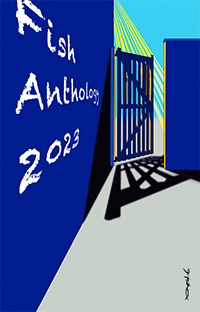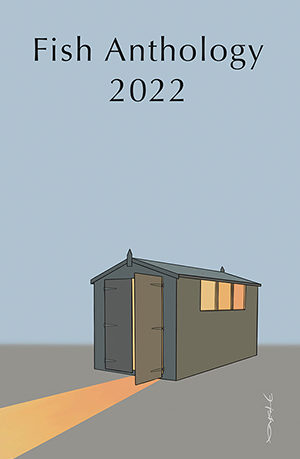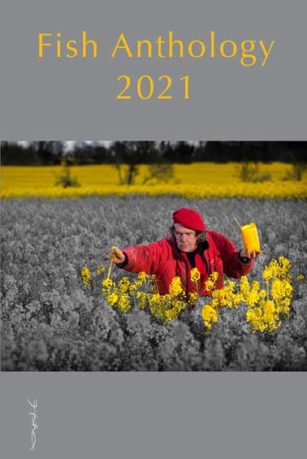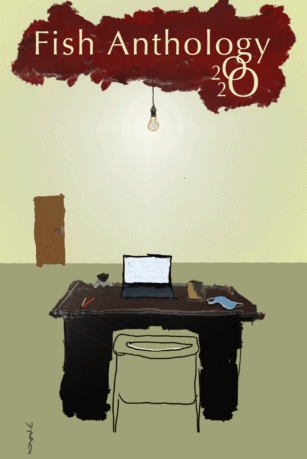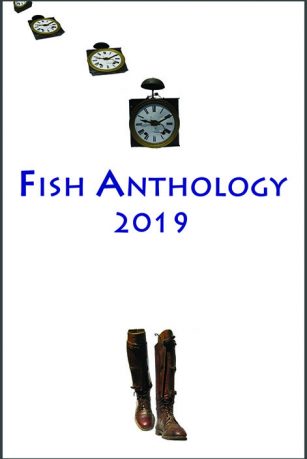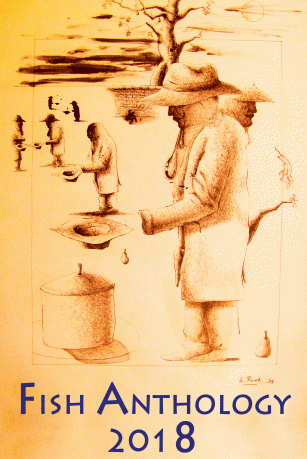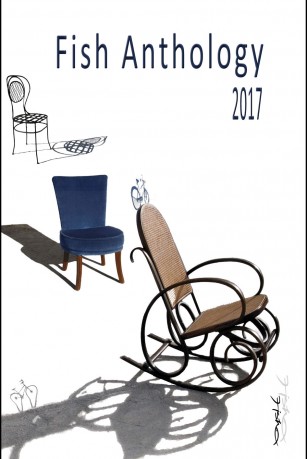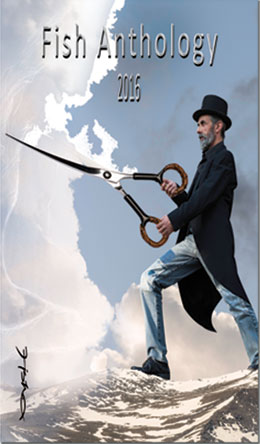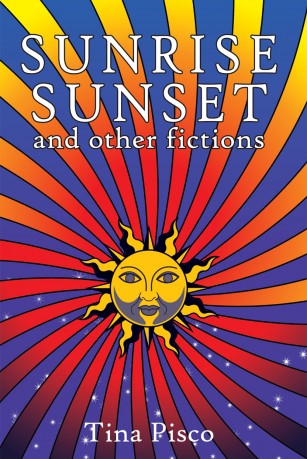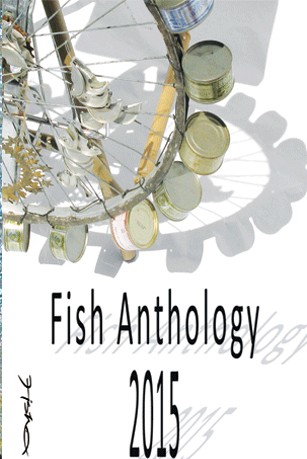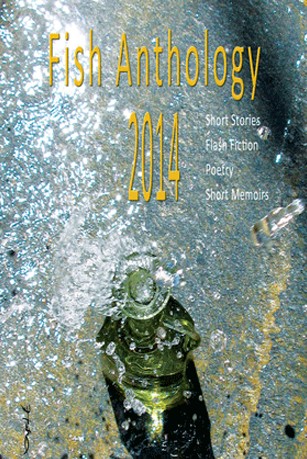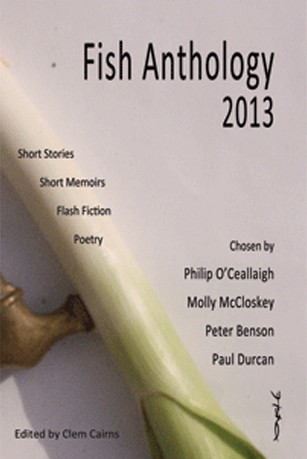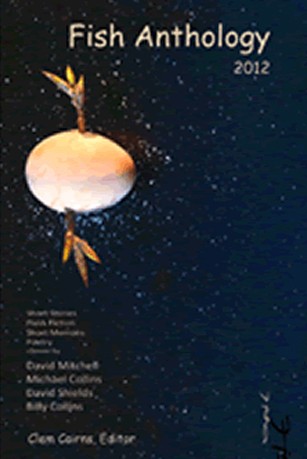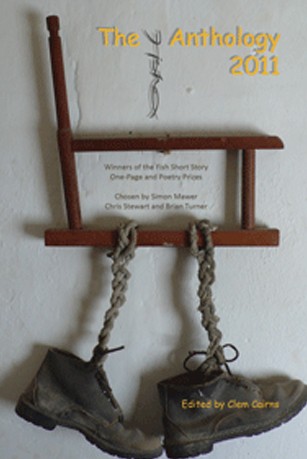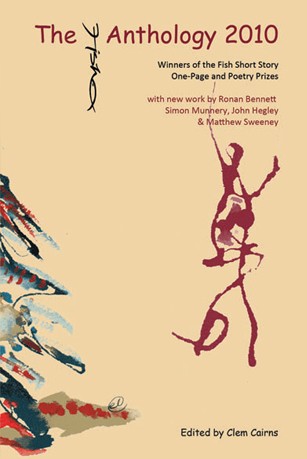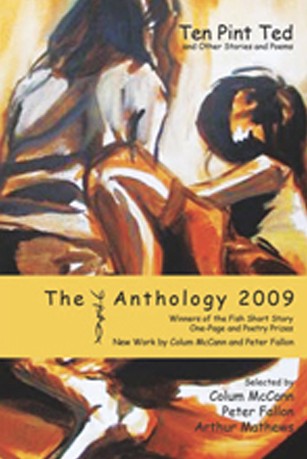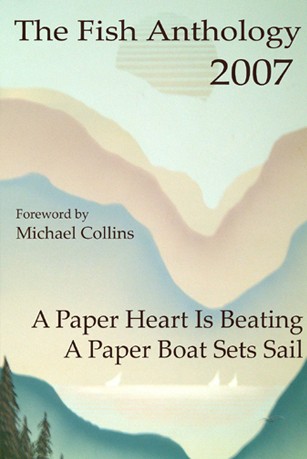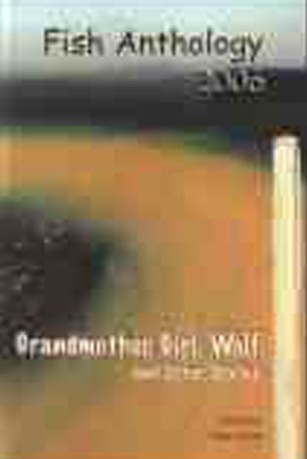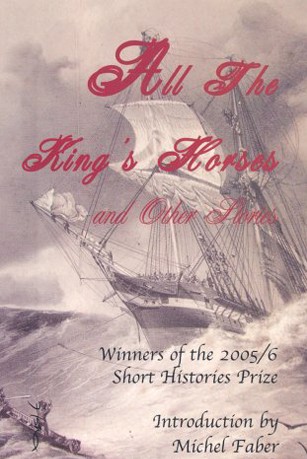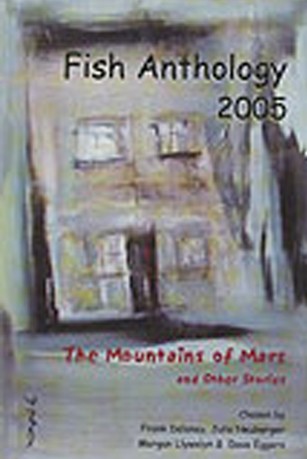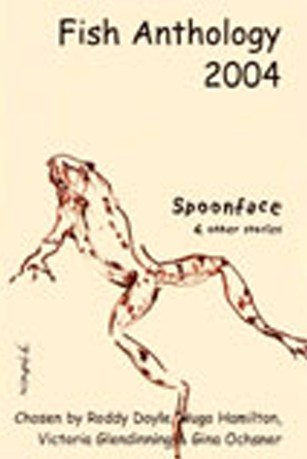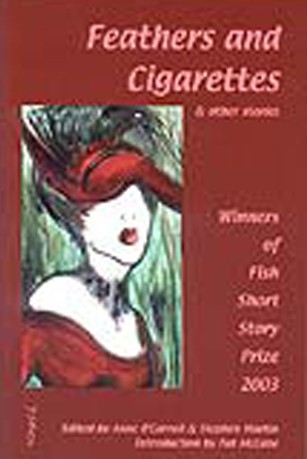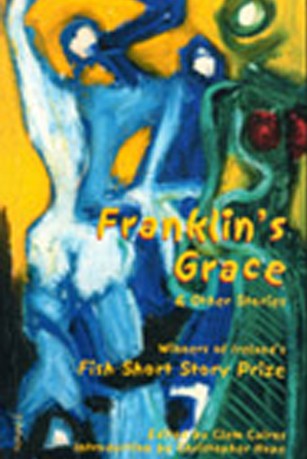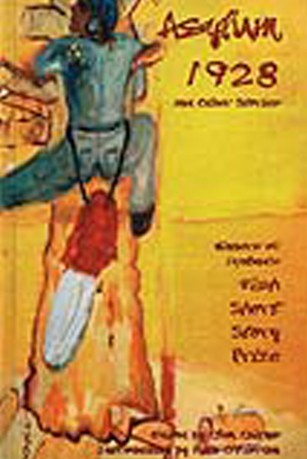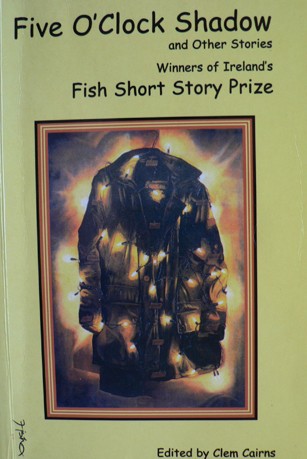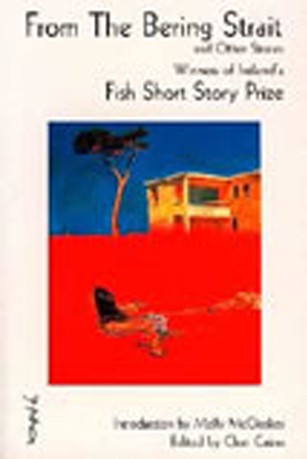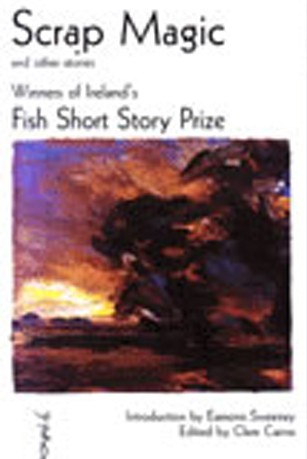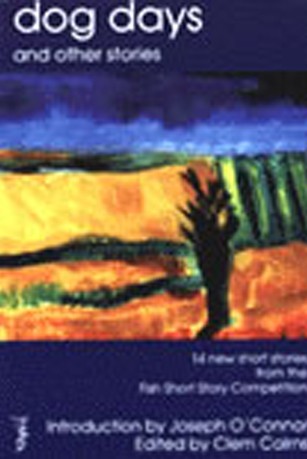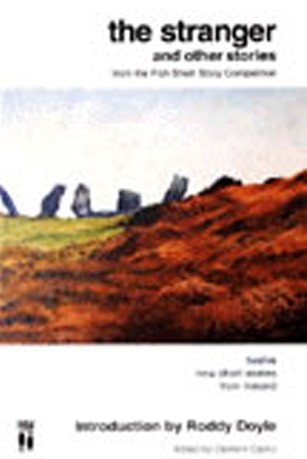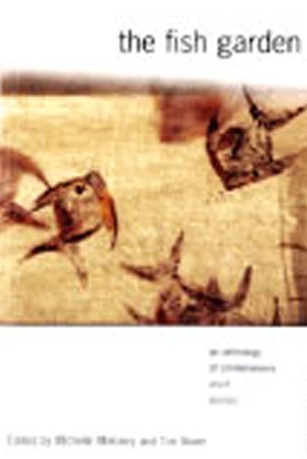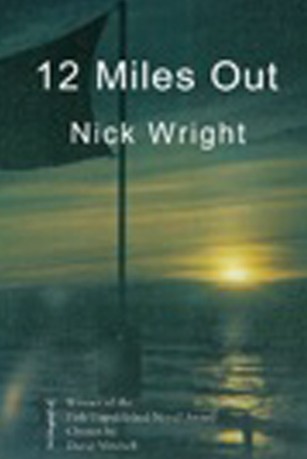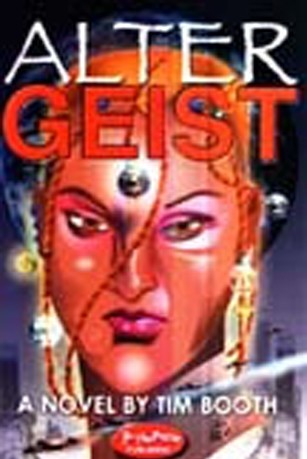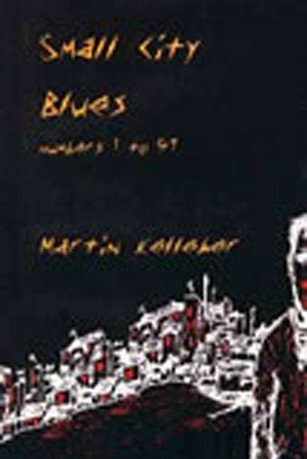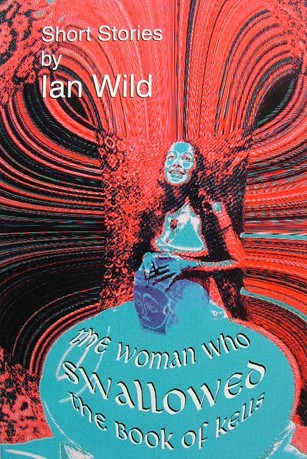Link: FOLLOW MY BLOG
Here are the first three posts on my blog from Nea Kavala Refugee Camp in Greece –
Nea Kavala Update #1

It’s Sunday and I have been volunteering in Nea Kavala refugee camp in Northern Greece for one week. I am working in the Women’s Space with Hope, a young woman from London who has just graduated from Oxford. We are part of a group of ten volunteers from all over the world, working with WE ARE HERE, an NGO which runs education and recreation in the camp. Every morning we teach English in the Women’s Space. The afternoons we have activities like sewing, computers, or hair and beauty. Most afternoons the women and teenagers just come to chat and hang out. Sunday is music and dancing.
The Women’s Space is a wooden shed with chipboard tables and benches. A few benches have been turned into makeshift sofas adorned with blankets from the UNHCR (UN Refugee Agency). The walls are decorated with children’s artwork and inspirational quotes in many different languages. One panel is covered in Welcomes. I make a note to myself to paint Cead Mille Failte before I leave. The money I am raising with my Go Fund Me page is being spent on improving the Women’s Space. We have already built new smooth table tops (the old ones were made of chip board and difficult to write/draw on). Next week we will fix the floor, which is old and wonky, and buy rugs for the winter to brighten up the place.
I’m teaching Level 1 English, which is a challenge because not only do most of my students have no English whatsoever, they also have no knowledge of our alphabet or numbers, so learning the ABCs, pronunciation, and numeracy are essential before we can really start learning the language. I’ve had an average of 9 women in my class. They come from Iraq, Afghanistan, Syria, Turkey and Kuwait. Most, but not all, are Muslim, speak Arabic and wear headscarves. None are veiled. Some are Christian. Some have had secondary, or third level education. Others had their education curtailed by conflict and war. F from Afghanistan speaks only Farsi and has never been to school. She covers her face with her scarf and mimes for me that the Taliban will not let girls go to school. She is so brave and diligent as every lesson is twice as hard for her. All the adult women are married and have several children, and we have bonded easily in the way of women and mothers everywhere.
Hope and I push back the tables and benches to make room for the dancing. We have lugged a portable speaker from the metal container which houses all the WE ARE HERE stuff. There is a new, huge padlock on the Women’s Space door as it had recently been broken into. The padlock looks more secure than the door (or the walls of the shed for that matter).
The camp feels subdued today and we are not sure how many women will show up. A series of robberies by a gang of “Ali Babas” was causing a lot of problems. The Women’s Space sewing machines were all stolen along with other equipment from the NGOs in the camp. After an investigation, the thieves were arrested by the Greek police, which has relived some, but has also caused tensions in the camp. There was also a bit of argy-bargy last night at the Saturday music and dancing in the big communal tent. One man had an issue and tried to pick a fight. Others grabbed him and tried to throw him out, but he kept coming back. Everyone packed up early. I never felt in any danger as it was clear that it just one drunk guy, and all the others were trying to subdue him. In fact, it was quite amusing as the German volunteers were a bit anxious while the Scots and Irish were unimpressed. As one UK volunteer commented: “I’ve seen a lot worse on a Saturday night back home!” (The next day he will come up to one of the volunteers and apologise for his behavior)
The first women arrive. Three adults, two teens, and four little girls. They are from Iraq, Syria and Kuwait. As I sit with them and wait for one of the teens to sort out the music, I am overwhelmed with a wave of anger. I remember a night back in 1991, when I stayed up following the start of Desert Storm- the US led coalition against Iraq in Kuwait. The mothers sitting with me on this rickety bench had only just been born. I want to find the men who thought Desert Storm was such a great idea and give them a few slaps. I want to point at these women and children and scream: “You did this. Look at them! Look at what you did! Is this what you wanted?” I know without asking that this is not what these women wanted. They want to be back home, enjoying a Sunday with their families, getting ready for the week ahead, going shopping for curtains, or visiting family. I swallow my anger. It’s time to dance.
The music booms, a mix of hip hop and Arabic rhythms. A tiny woman from Kuwait jumps off the bench and removes her headscarf. Underneath her hair is in a bun pinned with a red flower. She shimmies and sways, and I get a round of applause when I join in. After the first song she lets her long hair down and whips it around as she dances. More women and girls arrive, from Pakistan, Syria and Turkey. Some are dressed in Western clothes and wear small crosses around their necks. Some are dressed in long traditional robes with elaborate headscarves. Z, our resident teenage DJ, mixes a playlist of JayLo, Shakira,Arabic, Kurdish, and Turkish music, and hip hop. Despacito is a big hit. She is too cool in her trendy tracksuit, gleaming trainers, and matching headscarf. Her smile lights up the bare room. We dance for two hours. I teach them how to cha cha cha. They teach me Kurdish line dancing and some Zumba moves.
It is time to go. The wind is picking up outside. It’s been sunny and warm during the day, but can get quite cold at night- especially for those living in the two big communal tents. When the wind blows, the tents flap all night. There are 800 people here. Most live in metal containers that are arranged in a long alley on the abandoned air strip that is Nea Kavala refugee camp. It takes ten minutes to walk its entire length.
We wave the women goodbye. Before she leaves, N from Iraq takes my hand “You come to visit me. Container C4. I will make you tea.”
To contribute to the Women’s Space in Nea Kavala go to:
https://www.gofundme.com/woman039s-space-nea-kavala-camp
FOLLOW MY BLOG
Nea Kavala Update 2
I wake up in the middle of night to a fierce wind that rushes down from the North. The sound is loud, but it is the feel of it that wakes me- like an enormous ball of air rolling in from Macedonia. The change in air pressure is palpable.
I get up and go to the outside loo, grateful for the moon that lights my way in the dark.
WE ARE HERE (the NGO where I am volunteering) rents an old ramshackle house in a quiet side street off the main boulevard of Polykastro. It is older than most buildings, with a main house that has a kitchen, living room and office. Six bedrooms are arranged around an overgrown garden. There are pomegranate, fig and quince trees, straggly rose bushes and hedges. The terrace is covered with an ancient, gnarled grape vine. A sunny, unkempt corner must have once been a vegetable patch. I fantasize about coming back and making the garden beautiful again. My bedroom is very basic: a concrete floor covered with a rug, a mattress on a plywood base, an old desk and shelves. The windows are sealed in protective plastic, and covered in blankets hung on nails that serve as curtains. All over the house, expanding foam has been used to fill the many gaps and cracks. A hole in the living room ceiling has been patched up with a Lidl bag and duct tape. The outside shower is a concrete room with old pipes and a drain in the floor. It looks pretty awful, but is a surprisingly great shower with loads of hot water. Ten to twelve volunteers live here. Any overflow can sleep in a two-bedroom apartment nearby. It may sound dire, but it is rather charming, though I’m sure that its charm quickly fades when the winter cold and rain sets in. So far, the weather has been warm and sunny most days.
The volunteers are from England, Scotland, Germany, the US, Portugal and Australia. Most are young graduates. I am by far the oldest, but Scott from NYC and Carmen from Portugal are both in their thirties and taking a career break. Like me, most volunteers come for one to two months, but some stay longer. It is clear that we would all like to extend our stay if we could. Money, families, jobs and other commitments seem far away and somewhat inconsequential. Working with WE ARE HERE in Nea Kavala is intense, but I am really happy. Truth, be told I am happier than I have been since my mother died over two years ago.
WE ARE HERE ( http://weareherecentre.org/) was started by a woman called Eliza Winnert in 2016. She is coming back next week, and I look forward to meeting her. In her absence our little group is in the very competent hands of Chrissie from Scotland, who has been here for two years. Decisions are made at the Saturday afternoon meeting, which can run for three to four hours as Chrissie guides us through the next week’s projects: from DIY to training, and from cleaning to shopping. Our days are very busy with teams teaching English, organizing kids’ activities for those too young for kindergarten, sports and music in the afternoon, English conversation in the evening, and two movie nights a week (one for adults, one for children), along with the Saturday night music and dancing in the big tent. Each volunteer has one afternoon off a week, and we all have a full day’s rest on Fridays.
We eat lunch and dinner together on the terrace, weather permitting, and take turns cooking. Menus are vegetarian and vegan, but have so far been delicious. If I crave meat or fish, I can go out to one of the many restaurants in Polykastro, which are very cheap. Our favorite is Giorgo’s around the corner. Giorgo and his wife Sofia are very kind to the volunteers and are always giving us free food, desserts, and Ouzo.
In late 2015 Macedonia closed its border with Greece. Almost overnight 10,000 people who were traveling to other pasts of Europe found themselves stuck in the tiny village of Idomeni. An unofficial camp sprung up. Conditions were terrible and the surrounding small towns and villages were unable to cope with such a large humanitarian crisis. One often hears complaints that the Greek authorities are not doing enough, but Greece is still clearly struggling from the 2008 crash. On the bus ride from Thessaloniki abandoned factories and half-built buildings line the roads. The empty loading bays and carparks of the businesses that are still open reflect more prosperous times. As I sat and waited in the bus station in Thessaloniki when I arrived, six people came up begging for money; and there are many rough sleepers on the streets.
The refugees in Idomeni were eventually relocated around Greece, including in our camp in Nea Kavala, which is on an old airstrip, just outside of town. It takes about ten minutes to drive and one hour to walk to Polykastro.
I was shocked to discover that the camp has no really cohesive organizational structure. The authorities on the ground are the military and police, overseen by the Greek ministry; but there is little communication or planning with the three NGOs who volunteer here: DROP IN THE OCEAN (who provide food, clothes, and a bike scheme); the Danish Refugee Council (who offer medical and legal advice, and keep largely to themselves); and WE ARE HERE. EU and UN provide specific aid but are not directly involved in running the camp, which appears to largely run itself with help from the NGOs.
Yesterday Chrissie returned from a meeting in Thessaloniki with updates from the refugee crisis in Greece. Nea Kavala, with its 600 residents is doing quite well compared to other places. There are people squatting, or living on the streets in Thessaloniki. Serres camp is overflowing with 100 people in makeshift tents outside the perimeter fence. Lesvos is a disaster. Tensions are rising everywhere due to overcrowding and a lack of coordination, and many camps have had outbreaks of violence and arson.
In March 2016 the EU decided that people arriving in Greece and Turkey must be processed there before moving on, creating a backlog that was hard to absorb locally. There are an estimated 60,000 people seeking asylum in Greece. So far this year 26,000 have arrived in Greece by sea, with a further 13,000 by land. The UNHCR has a current capacity for 25,000, which it hopes to raise to 27,000. The Greek government has announced a plan to house 5000 refugees in hotels that are closed for the winter.
WE ARE HERE’s mission of education and community can seem hopeless in the face of such figures. Building football goalposts and having movie nights pales in the glare of those numbers. Does the Women’s Space where I teach English and run Beauty and Make-up, computers, and social afternoons make any sense? I can tell you that it does. It matters; whether we provide music classes, accept an invitation to tea, or just go out for an evening with the young men from the camp. What makes a difference is being here, meeting people, getting to know them and having them get to know us. We bring a sense of normality to a surreal situation. Most of all we bring the fact that they are not forgotten. That people around the world care.
I make my way carefully to my room, and go back to bed. The wind stops as suddenly as it began and I fall sleep. Later the big wind rolls in again and wakes me with its weight. The windows are rattling and I hear stuff flying around in the garden. It’s cold. I rummage around in my suitcase for a thermal T shirt I bought in Dunnes before I left, and wrap a UNHRC blanket around me. It is heavy wool and I am grateful for its comfort. I snuggle into my warm nest, feeling safe and cosy. I try not to think of F, trying to sleep in one of the big communal tents in the camp with her four sons. I hope they too find comfort in the grey, heavy UNHRC blankets. I imagine the noise of the tent flapping, the wind howling, babies crying, men yelling for the mothers to hush them. I have to turn that image off like a tap and force myself to fall asleep. The women will be tired in the morning. If they make the effort of coming to class I need to be rested and positive if I’m going to help them to learn English.
In the morning it is bright and warm in the sunshine. I grab a coffee and find a sheltered, sunny spot in the garden where I can pretend that it is still summer while I prepare the day’s lesson.
If you would like to help, please share my posts and donate to my GO FUND ME here:
https://www.gofundme.com/woman039s-space-nea-kavala-camp
Nea Kavala Update #3
I’m driving out to camp to visit A who has invited me over for coffee and cake. The local radio is blaring a Prince song I used to dance to nearly thirty years ago, which only adds to the surreal quality of the drive down the dusty highway to Nea Kavala refugee camp in Northern Greece. On the way I pass many men, women and children, who are walking or biking in to town, or to the Lidl that is halfway between Polykastro and the camp. It takes about an hour to walk into town.
The landscape is flat. Mountains dominate the horizon. Cotton seems to be the main crop in this part of Greece and all the roads are lined with white fluff, as if a giant container had dumped a load of cotton balls over the land. The dust, the ribbons of cotton balls, the stray dogs, the refugees pushing shopping trolleys past boarded up businesses give the journey a bleak, dystopic feel. Today the sky is low and grey, and threatening rain.
I park the car at the gate and start the long walk through the camp. A’s container is at the very end of the alley that was once a runway. It starts to rain as I make my way through the hundreds of metal containers that house the refugees lucky enough to get one. Some have to live in the two giant tents on the edge of camp. Rumour has it that they will all be relocated before the winter sets in. Inshallah they will be able to move soon.
Many containers are painted with murals: peace doves, colourful landscapes, happy images to brighten up the clinical white metal. Others are covered in graffiti. One poet has written his verses on the walls.
Some of the refugees have started little businesses to make some extra money. There are a number of barber shops, a bakery, a falafel stand. Most containers have makeshift extensions built with bits of scrap metal, palettes and plywood. One family has started a little garden patch. Portacabins with men and women’s toilets, along with showers are set up throughout the camp. There are also outside double sinks where people can wash dishes or handwash clothes. I pass a portacabin that has a series of washing machines.
The alley is buzzing with traffic. Children push smaller children around in shopping trolleys. People pass by on bicycles. (The bike scheme is very popular, though most women had to learn how to ride one!). Everywhere are small children and cats. I stop to admire three kittens in a shopping cart that two tiny children are minding. The walk should take about ten minutes, but it takes me double that as I am hailed by both those I know and those I don’t know with a “Hello Teacher! How are you?”
An African woman is slowly making her way down the alley softly singing to herself. She is impeccably dressed in a tailored dress and matching shoes. Her braids are long and sway as she walks. I stop and speak to her in French. She is from the Congo and tells me that there are Africans from the Congo, Senegal, Zimbabwe, Sierra Leone and Cameroon. I have hardly seen them, except on the football field. They are less in numbers, and they do not mix much with the people from the Middle East.
This is not my first time making the long walk up the alley. A few days ago, SH invited me and Hope (the other volunteer in Women’s Space) to eat dinner with his wife ZH. They live in one container with their six children, aged 15 to 3 years old. SH proudly showed us the small porch that he built to keep the rain off the shoes that are lined up outside the doorway. In Nea Kavala everyone removes their shoes before going into a home. He also built a wall in the container to create a small room, making their living space even smaller but allowing for some storage and privacy for those who are not sleeping.
The main room was crammed with 4 bunk beds, a small fridge, and a tiny folding picnic table with a two-ring electric hob. The place was impeccably clean, but K, the eldest daughter made us wait while she went in and gave the floor a quick wipe. Hope and I sat on a thin mattress on the floor, and SH made a big deal about offering me a cushion, while ZH busied herself at the hob. The dinner smelled delicious. Two daughters and their adorable little son Y joined us, as well as a neighbour. The family, like many in the camp are Khurds. ZH and SH are from Syria as is the neighbor who has joined us. When the dinner was ready, SH rolled out a rug, and ZH arranged two steaming metal pots of fragrant rice, stuffed vine leaves, eggplant, courgettes, tomatoes and onions, and a plate of sliced lemons on the floor. She put out metal plates and plastic glasses filled with water, and handed us packets of airplane cutlery and serviettes. The food was amazing, and I marveled at ZH’s skill in her limited kitchen. We ate and laughed, and showed each other pictures of family and friends: Pictures of our fathers and mothers, sisters, brothers. children. Y, their three-year-old son (whom I thought was a girl because of his long hair) is clearly the family’s darling. He loved the pictures of my dogs and cats back home, and of the agricultural show in Clonakilty last summer, especially the cows. Hope and I stuffed ourselves with the delicious food, wiping up the sauce with ZH homemade flatbread.
ZH and I bonded when she came to our computer afternoon in the Women’s Space. She sat watching music videos and singing softly to herself. Suddenly she started crying, hiding her face in her headscarf. I had a moment of panic as her tears turned to heavy, heaving sobs. ZH speaks no English. I speak no Arabic, nor Khurdish. I felt helpless to deal with her deep sadness. Then it was obvious: just do what I would do with anyone who is crying. I took some tissues and handed them to her. She took them and wiped her eyes. I got a glass of water and she drank it. Still crying, she thanked me. I sat next to her and patted her arm as she blew her nose. When she calmed down, she explained through gestures and simple words that she had been watching a video of her mother’s home town of Mosul. It was a song that her mother had loved. Her mother had passed away several years ago, before the war. I told her that my mother had died two years before and that songs she loved also make me cry. We shared the moment, together in our grief and she handed me a tissue. Since that moment we greet each other with hugs.
I finally make it to the end of the alley and A’s container. The runway continues out in front of me, and I think of how ironic it must be to live here, trapped in a tiny space with a runway at your doorstep and its teasing promise of freedom.
A is not there. Inside is a man sitting on the floor eating beans and flatbread. He seems too old and grizzled to be A’s husband. She is in her late forties, but still beautiful with light almond eyes that sparkle when she smiles, which is often; though sometimes, like many women here, her gaze will drift and her face take on a sad, haunted look. He tells me that A is his “wifey” and has gone to get me some coca cola and the cake that she baked for me (I mentioned in class that I like coca cola, but don’t like Pepsi). While we wait for her, he shows me dozens of pictures of them in Turkey, of his sons who are in Germany, of the Christian church he attends in Polykastro. I am shocked to see a much younger man than the one sitting with me on the mattress. His legs are swollen and he needs a cane. He talks a mile a minute in simple English: He is waiting to go to Germany for medical treatment, and to be reunited with his sons. He tells me that they come from Northern Syria, but that the war has destroyed their town, that they went to Turkey, but that it is not a good place for Khurds, that he has papers to leave, but A- who arrived after him – does not, and that she does not want to stay in camp alone. A arrives with the cake and her 24 year old daughter who speaks English well. She is painfully thin. She was studying in Syria before the war and is here with her husband. Neither she nor A wear headscarves, and both are dressed in Western clothes. ZH joins us for coffee and cake, along with IB, a young man from Syria who has brought along a Swiss woman who is volunteering with DROP IN THE OCEAN.
Time flies as we eat cake and chat, and it is soon time for me to open up the Women’s Space, so we gather up our things and all head off back down the alley. We are joined by ZH’s two daughters with little Y. The rain has stopped and the setting sun is lighting the mountains with a fiery display: all reds and orange. Our little group walks together down the alley, waving at friends and stopping to chat with people lounging outside their homes, and I wish I could wave a magic wand and erase the containers, and the puddles, the portacabins and toilets; and transport us to the beautiful boulevards and parks I saw in their family pictures. To anywhere were we could just be what we are: a group of mothers and children out for a stroll on a fine Autumn evening.
If you would like to help, please donate to my Go Fund Me page:
https://www.gofundme.com/woman039s-space-nea-kavala-camp




